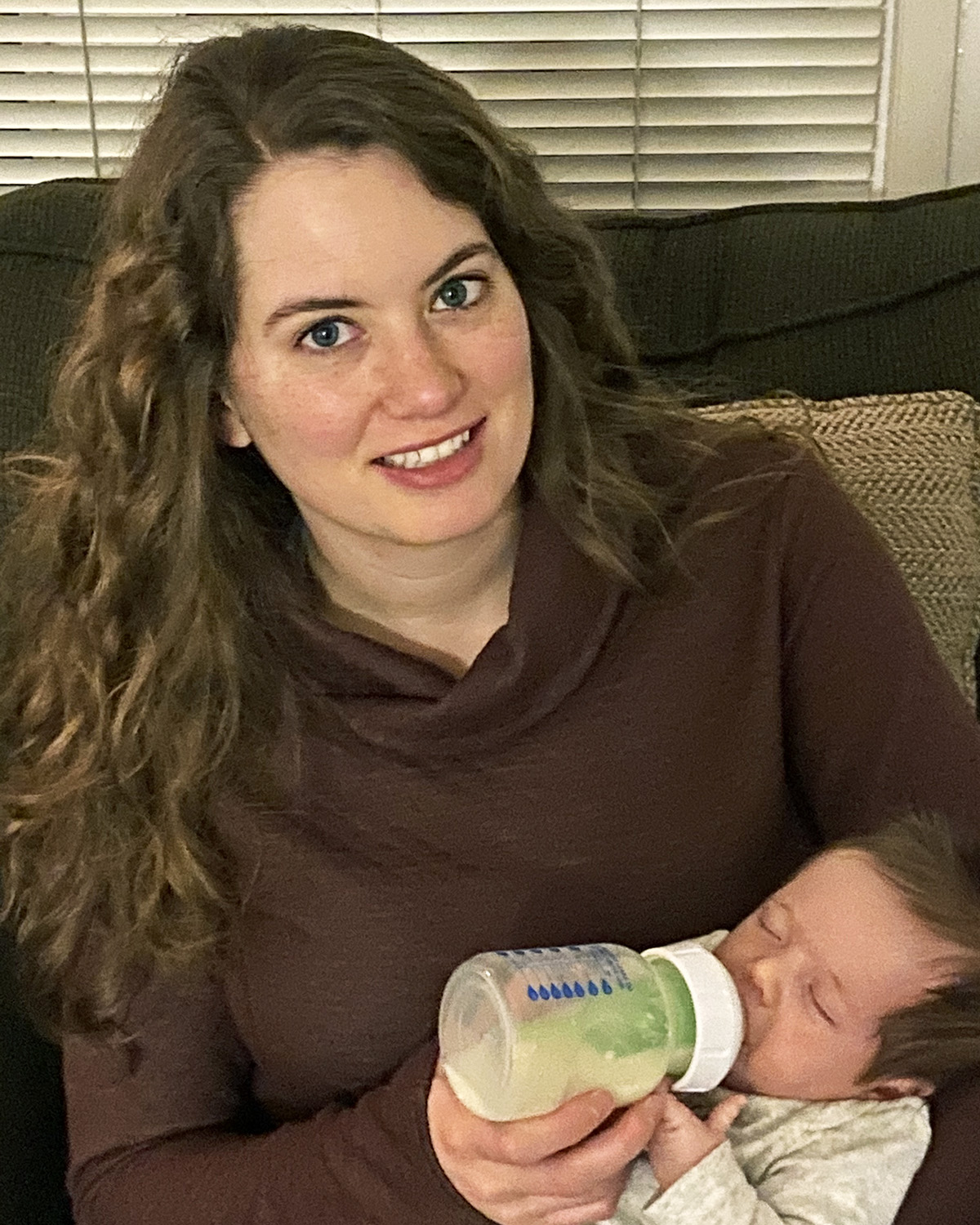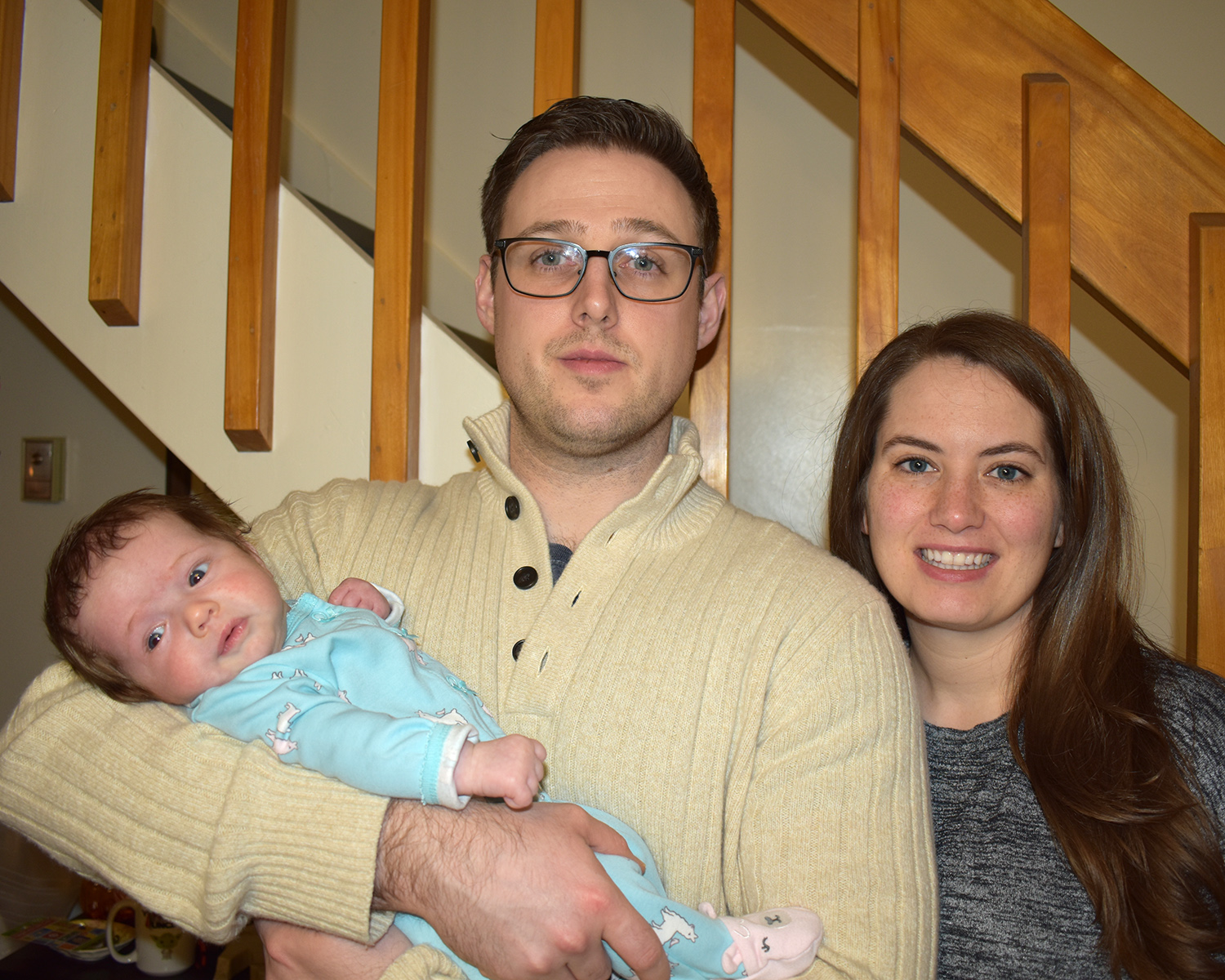Laboring Through AGU

Cecilia Borries-Strigle already knew she was in for a long night.
The UAF Atmospheric Sciences Ph.D student was scheduled to present her research at the American Geophysical Union Fall Meeting on December 15. In a normal year, this would have meant standing in front of a poster or a roomful of researchers; in 2020, it meant a 3 A.M. Zoom call.
“I didn’t really sleep” beforehand, Borries-Strigle said. “My alarm went off at 2:30 and I popped out of bed.”
The awkward hour was the result of last year’s all-virtual AGU format, which was scheduled to accommodate simultaneous participants from time zones around the world. Borries duly gave a brief presentation on her research at her scheduled time of 3:04 AM, then settled back for the rest of the session, which included talks by about eight other researchers followed by half an hour of questions and answers.
But she was having trouble concentrating, and it wasn’t just the hour: Borries-Strigle also happened to be nine months pregnant with her first child, and a day past her due date. And right when the session began, so did her contractions.
“They started pretty much right away, but I wasn’t really paying attention. Until maybe half way through the Q and A session, I was thinking that there was a pattern,” Borries-Strigle recalled. “So I started recording the time. And yep, there was a pattern!”
She timed the minute-long contractions at seven minutes apart, and guesses she had three or four before the session mercifully came to an end. During that time she managed to answer the couple of questions that were tossed her way, and says she doesn’t think anyone on the call picked up on her condition. “I was trying to breathe through it, it was difficult,” she said.

Borries-Strigle said her focus was starting to flag by the time call ended at 4 AM. She tried to go back to sleep, but she and her husband ultimately packed up and headed to the hospital a couple of hours later. It turned out there was no rush; her condition was progressing slowly and the hospital declined to admit her. She returned that evening, spent the night at the hospital and gave birth to 6-pound 9-ounce Aurelia Beatrice Strigle at 3:05 PM on Dec. 16, 36 hours after the girl’s first hint that she wanted out.
“They have a mind of their own,” Borries-Strigle marveled.
Borries-Strigle is in her second year of her Ph.D under Professor of Atmospheric Sciences Uma Bhatt. Her AGU presentation – which was actually prerecorded; all she had to do at 3:04 AM was deliver a quick summary – was entitled “Applying seasonal forecasts for summer fire weather outlooks in Alaska at a 3-month lead,” and described her research into the relative ability of different weather forecast models to accurately predict subseasonal fire conditions in Alaska.

